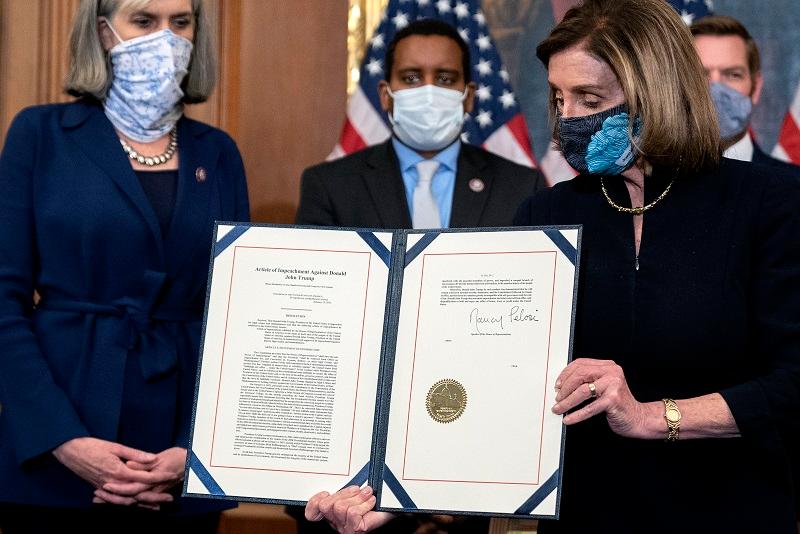Commentary
On Jan. 11, nine days before his term of office comes to an end, the House of Representatives voted to impeach President Donald Trump (a second time).

On Jan. 11, nine days before his term of office comes to an end, the House of Representatives voted to impeach President Donald Trump (a second time).